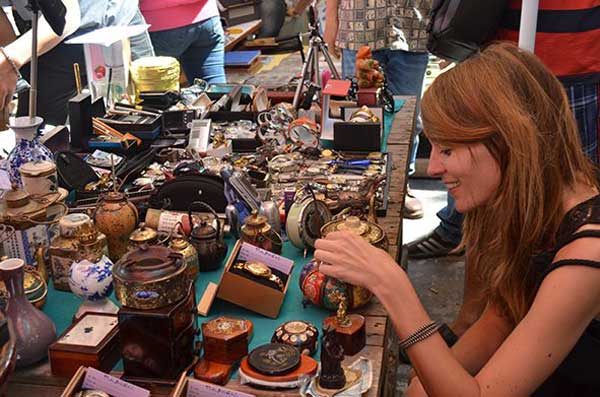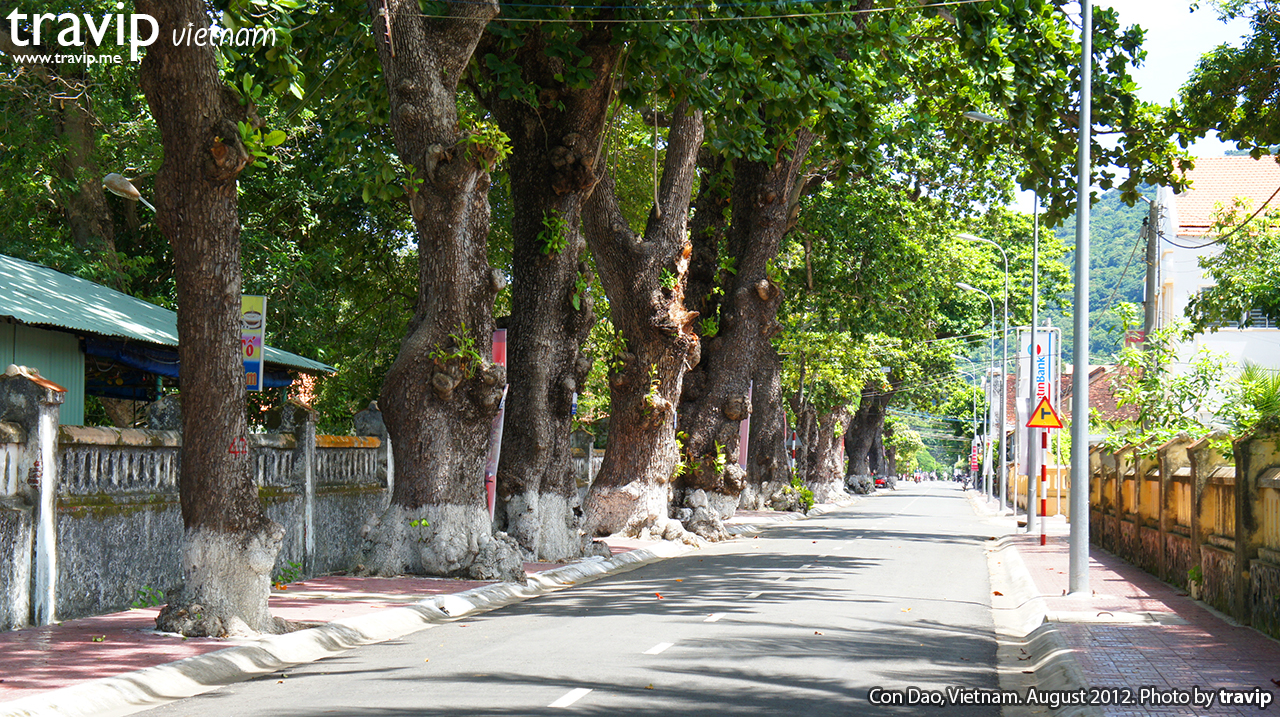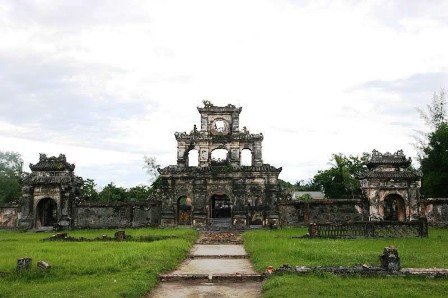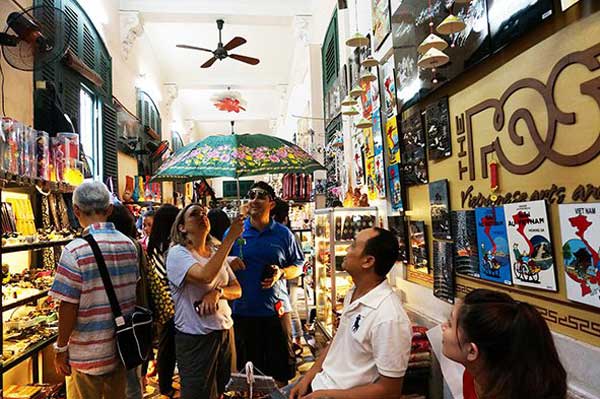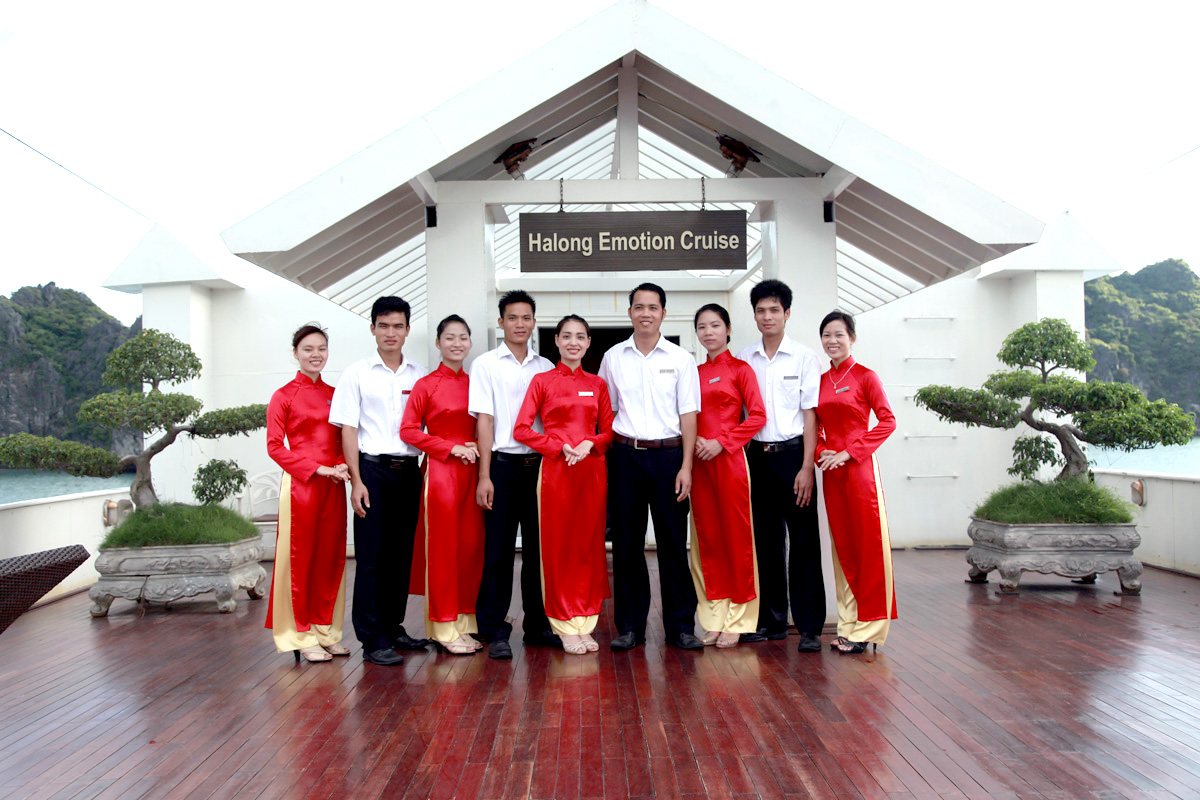Events
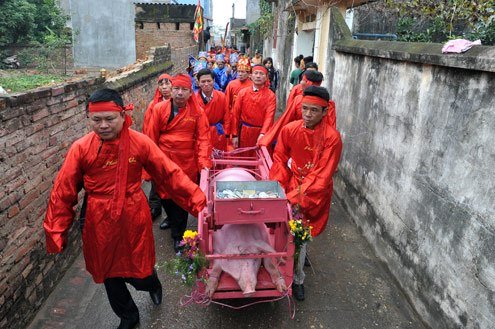
Intense debate about Nem Thuong pig-chopping festival
While folklore experts said that this festival - with noble purpose – has overcome its seemingly barbaric form, educational experts have suggested that it should be eliminated because of its negative impact on children.Speaking about the pig-chopping festival of Nem Thuong Village (Bac Ninh), which Asia Animals has asked to stop, Ass. Prof. Tran Lam Bien, member of the National Heritage Board, said: "Those who do not understand culture are judging a traditional festival as barbaric. If we only look at the form and make easy conclusions, culture and local identity will be lost."
Ass. Prof. Bien said, in commenting about anything, especially culture, one should understand the origin and significance of it. The pig-chopping festival in Nem Thuong Village is a ritual for people to pray for good harvests, growth, proliferation, and happiness for the community. Red blood in primitive beliefs symbolizes life and vitality. Thus, the Nem Thuong villagers perform the pig-chopping rituals for red blood to flow to the courtyard where people worship the tutelary god to pray to the god for vitality and growth.
"This custom is to wish good luck to everyone, it is beyond the concept of savagery or not. For culture, if seeing the form you may think it barbarous, but behind it is immensely humanitarian," Bien said. He added that only the creator of the folk customs – the local people - are entitled to change.
Doctor of ethnography Tran Huu Son, Director of the Culture Department of Lao Cai province, said: "Such intervention is excessive? Don’t take current concepts and impose them on old traditions. It is important to understand why that custom was created. If everything has to change with new life, we will not have customs and the culture will be impoverished. Culture has its own identity and its value is the story of the origin of the custom, that viewers are excited to learn about."
The Vice president of the Vietnam Tourism Association, Vu The Binh, said the festival has hundreds of years of tradition and it is the spiritual and cultural life of local people and it is held once a year. "So, let the people change their consciousness, we should not push or make an intervention. Visitors who see it as offensive should not attend," Binh said.
Contrary to the opinion of experts of culture and tourism, Ass. Prof. Dinh Thi Kim Thoa (lecturer of Educational Psychology, University of Education, Vietnam National University, Hanoi) does not support the organization of festivals with "barbaric" behavior toward animals.
"I do not get the so-called faith and belief to maintain backward habits in life. This has great influence on the development of a civilized society, human psychology, especially children, and is not conducive to education," she said.
The educational psychologist suggested that, although the pig chopping scene takes place at the festival only once a year, the brutal image will remain with children. Children can imitate that behavior and "create" methods of killing, sometimes more brutal than their ancestors. This is demonstrated through experiments on human behavior that scientists have carried out.
Children can learn to behave disrespectfully, even torturing animals after witnessing the behavior of adults, said Dr. Vu Thu Huong from the Primary Education Faculty, Hanoi University of Education.
"No one easily overcome the guilty feelings the first time they killed a creature. But when they overcome it, then they easily lead to the killing of others. This is a step to be able to proceed to the greater evil."
Dr. Nguyen Thi Hong, Head of Department of Culture and Development, Institute of Journalism and Communication, said that there should be small changes in the pig chopping festival, for example, using symbolic pigs. A number of other festivals such as buffalo fighting in Hai Phong or buffalo stabbing in the Central Highland should also change.
"A lot of old traditions have been eliminated, such as keeping the dead at home for seven days, or the Muong people’s rolling steamed sticky rice into balls to put into the mouth of the dead and then eating them as a way of sharing. The customs which were good in the old days, but not suitable for today's life, should change," Dr. Hong said.
OTHER EVENT
Halong video
Hot events
- Tourism sector expects to benefit from ASEAN Community
- Demand for cruise holidays rises
- Young riders’ traveling way
- Amazing food in Binh Ba
- Untapped beauty of Phu Yen
- Cho Ve chai – where memories are revived
- VietJet’s joint venture in Thailand makes debut
- Roasted Terminalia catappa fruit seeds on Con Dao
- Noi Bai Airport’s second terminal ready to open
- Early snowfall in Sapa attracts tourits
- An Lang unveils righteous legacy
- New symbol of Vietnam's tourism
- Vietnam Airlines changes flight schedule due to typhoon Hagupit
- Long Bien Bridge
- VNAT to launch tourism stimulus program
- Mountain pass offers stunning panoramic vista of Ha Giang
- Con Co Island – a floating green pearl
- Vietnam listed among top 10 coolest places to visit
- Vietnam to exempt visa for Indian tourists
- International travel agencies honoured
- Phu Quy Island in pristine condition
- Hanoi, Da Nang rank eighth among top tourist attractions
- Time seemingly stops on Con Dao Island
- “Bun cha”- special dish of Hanoi
- Vietjet to open flights to Russia’s Vladivostok
- Phu Quoc Island to have casino, special economic zone
- Seaplane Grand Opening at Tuan Chau Halong
- Vietnam Off-Road RFC 2014
- Miss World Ksenia Sukhinova visit Halong Bay








